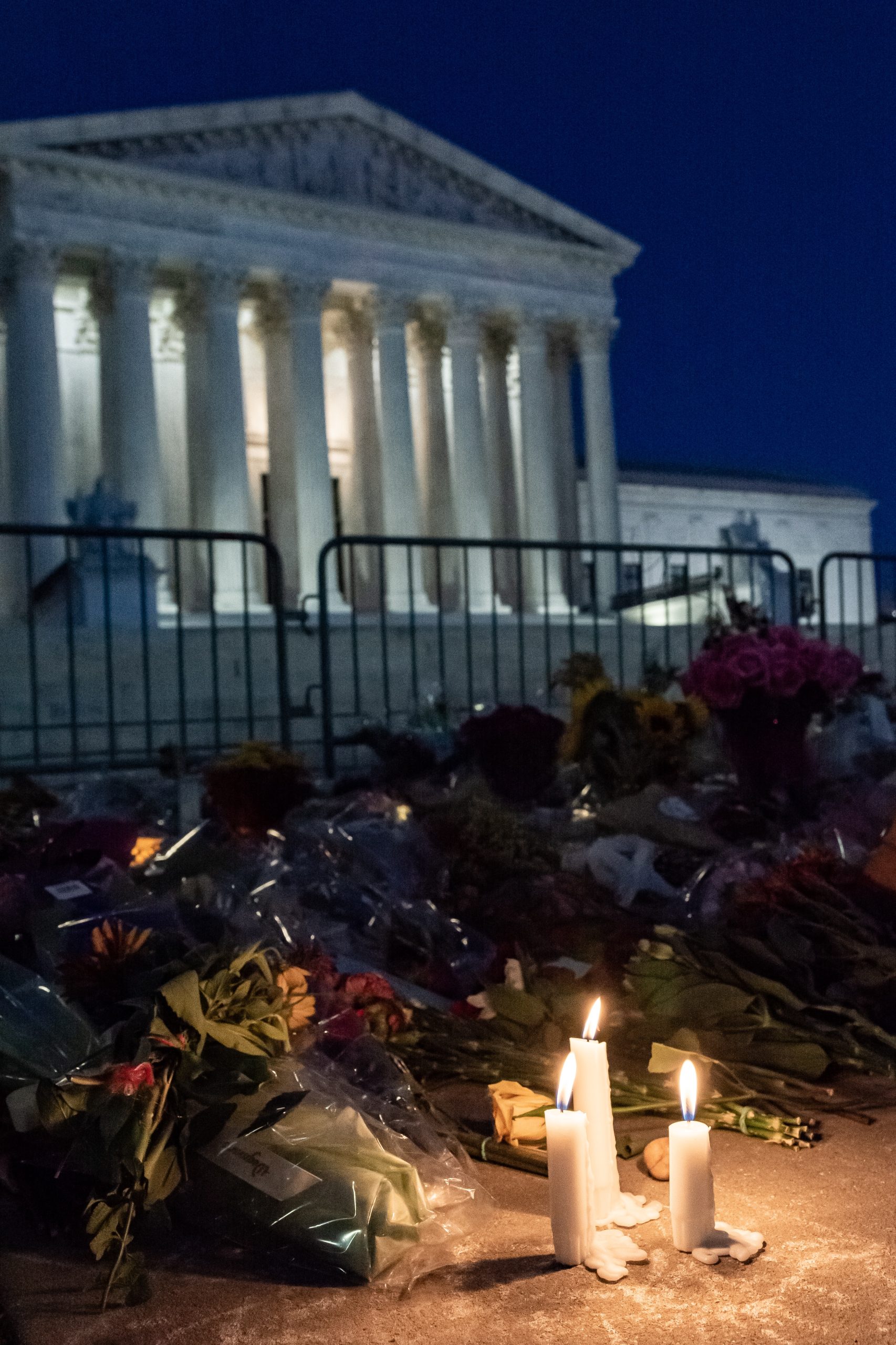The Supreme Court of the United States is the highest court in the land, and its decisions can have a profound impact on the nation’s laws and policies. However, as the court’s role has become increasingly politicized, questions have arisen about how the court balances the demands of justice with the realities of politics.
The Supreme Court is made up of nine justices who are appointed by the President and confirmed by the Senate. Once appointed, they serve for life or until they choose to retire. This independence from political influence is meant to ensure that the court can make decisions based solely on the law and the Constitution, without being swayed by popular opinion or partisan interests.
However, the reality is that the Supreme Court is not immune to politics. Justices are often appointed based on their ideological leanings, and their decisions can have significant political consequences. For example, the court’s decision in Citizens United v. Federal Election Commission, which allowed corporations to spend unlimited amounts of money in political campaigns, has been criticized for its impact on the political process.
In recent years, the court has become increasingly divided along ideological lines, with conservative and liberal justices often issuing sharply different opinions. This has led to concerns that the court is becoming more politicized and less focused on impartial justice.
One of the most contentious issues in recent years has been the appointment of Supreme Court justices. With the Senate split along party lines, nominations to the court have become highly politicized, with each side fighting to confirm justices who share their views. This has led to bitter battles over the confirmation of justices such as Brett Kavanaugh and Amy Coney Barrett, with accusations of partisanship and undue influence.
Another controversial issue is the role of money in politics. The Supreme Court has issued several decisions in recent years that have expanded the ability of wealthy individuals and corporations to influence the political process. Critics argue that these decisions undermine the principle of one person, one vote, and give disproportionate influence to the wealthy and powerful.
Despite these concerns, the Supreme Court remains one of the most respected institutions in the United States. Its decisions are closely watched by legal experts, politicians, and citizens alike, and its rulings can shape the course of American history. While the court may be influenced by politics, it still has the power to uphold the Constitution and protect the rights of all Americans.
In conclusion, the Supreme Court is a vital institution in American democracy, but its role is not without controversy. As the court grapples with issues such as voting rights, money in politics, and ideological polarization, it will continue to be the subject of intense scrutiny and debate. Ultimately, the challenge for the court will be to balance the demands of justice with the realities of politics, and to ensure that its decisions are guided by the Constitution and the law, rather than by partisan interests.




